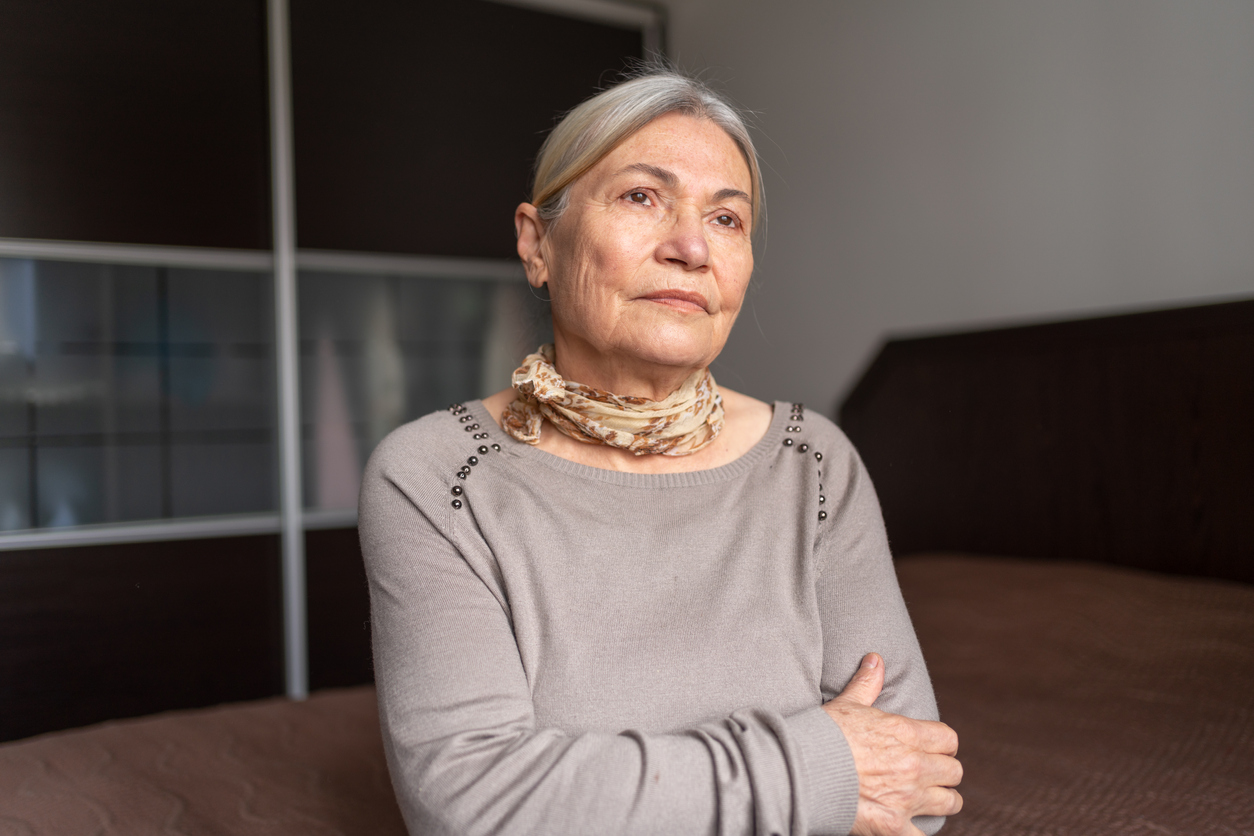Throughout a person’s life, they make choices that mirror their values, thoughts, desires and convictions. We have a legal right to make our own decisions and our choices should be respected. That’s especially true when a person is vulnerable. By designating a person to be your durable power of attorney (DPOA), you protect your choices so that your voice can be heard throughout your whole lifespan. In this article, we’ll explore the difference between a power of attorney (POA) and DPOA, what happens if you don’t have a DPOA and become incapacitated, choosing an appropriate DPOA, and the need to have a financial and healthcare DPOA.
First, what is a POA and DPOA?
There are differences, and it’s very important that a DPOA be chosen for those times that you are unable to speak for yourself. A POA is a person that has been designated to make legal and financial decisions, sign papers, and pay bills for you even though you’re able to make decisions as well. The POA is a representative and stand-in for you. However, the POA’s role ends once you become incapacitated and unable to make decisions. A durable power of attorney does not end if you become incapacitated. It allows the person to make decisions when you can’t speak for yourself and lasts until you pass away. That’s why it’s important to choose a person that is trustworthy, willing to function as your DPOA, knows and will uphold your choices through advocacy, and able to perform the job.
It’s critical to know that a POA and DPOA are legal positions chosen by you and are reflected on a legal document that has been notarized and witnessed. This means that your emergency contact is not considered your POA/DPOA and has no legal right to make or uphold your choices if you can’t speak for yourself. However, your emergency contact can be your DPOA if you have a notarized, witnessed document that designates them to the role.
What happens if you become incapacitated without a DPOA?
Your health and financial choices may not be known or followed. For example, if you prefer not to be a full code or have CPR performed at the end of your life, you will need a DPOA to advocate for you. In most states, if you can’t speak for yourself, don’t have a legal document that spells out your end-of-life choices, a family member, or a DPOA to speak for you, medical teams are legally obligated to make you a full code. That means that they will do CPR, use a defibrillator, tube feed, and utilize a breathing machine regardless of your personal preferences.
As for family members speaking on your behalf, there is a hierarchy that must be followed. If a person cannot make their own choices, the first person who can speak for them is their spouse. If they have no spouse, then their adult children may decide.
However, all children must agree with the choice. If there are no children, the next in line is the mother and father. They, too, must be in agreement. After parents, the next in line are adult siblings. Again, they must all agree as to the decision being made. During highly stressful times, it’s difficult to get everyone to agree.
If there is no agreement, a court will have to appoint a guardian, which takes months and is expensive. Choosing a DPOA beforehand will relieve the familial and legal burdens of having to make difficult choices.
If you have chosen a DPOA and it’s been legally documented, does the person know and agree to be your DPOA? Is that person willing and able to function as your decision-maker? Choosing a DPOA is serious, and everyone should be on board with the responsibilities. It requires honest and open discussions about your preferences. Furthermore, situations change as time goes by. The person that was the best DPOA choice 20 years ago may no longer be the best choice. Your DPOA’s health and ability may have diminished, making it difficult for them to function in the role. Perhaps they relocated, or the relationship has changed. It’s not difficult to appoint a new DPOA; it just requires a new document that is notarized and witnessed.
Let’s say you have chosen a DPOA.
That’s great, but do you know that you have to appoint a financial and health DPOA? That means a financial DPOA can’t make health decisions, and a health DPOA can’t make financial decisions. The good news is that you can designate the same person as your financial and health DPOA, but it must be declared on your legal document. For some people, having a separate financial and health DPOA is desired.
They may know a person that is excellent with finances while another with health choices. Some think that having separate DPOAs for finances and health diminishes the capacity for conflicts of interest. Regardless of whether you desire the same person or separate people for both DPOA positions, it’s crucial that they know where you keep your documents. In case of an emergency, they will need to prove that you have legally chosen them as your DPOA. Plus, they will need to have access to the original document as banks and financial institutions won’t accept a photocopy.
All in all, choosing a financial and health DPOA is a smart and important choice. It protects your legal right to make your own decisions throughout your whole lifespan. Your DPOA choice must be legally documented, and the person(s) must be willing to fulfill the role. It must be a person you trust, is available, and physically/emotionally able to act as your advocate.



